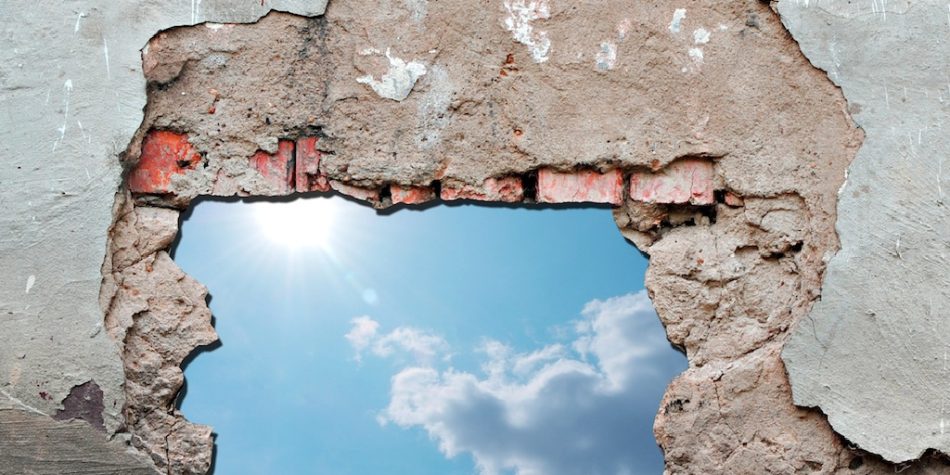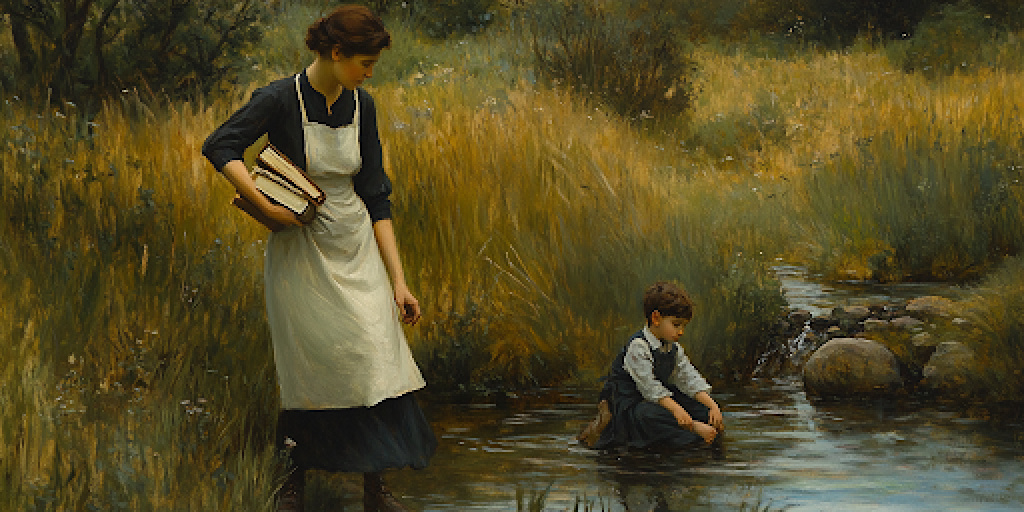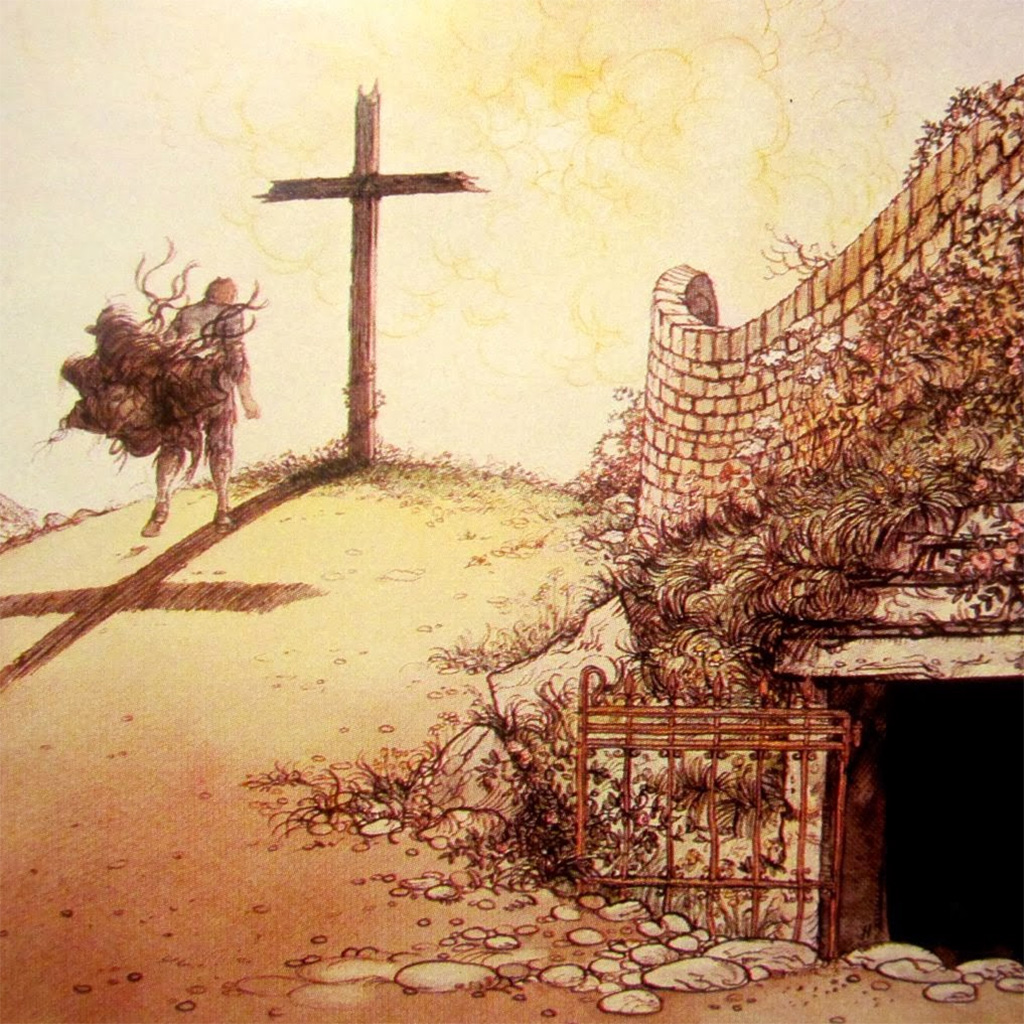When I wrote about a fortress church in Romania in the opening pages of Restoration, my biggest fear was using an obscure reference that no one would get. So imagine my surprise when shortly thereafter I was browsing the shelves of Deseret Book and found not only a reference but also a picture of a Romanian fortress church in a book by beloved religious educator Michael Wilcox! My mother always told me to take care about the company I keep. If I’m thinking alongside Brother Wilcox, one of the modern church’s most broad-minded and truly gifted religious teachers, then I feel pretty good about where I’ve arrived.
As Daniel Ortner notes in his thoughtful column, Wilcox and I deploy the same fortress church analogy somewhat differently. In Holding On Wilcox emphasizes gathering into the Church for protection, while in Restoration I emphasize the need to lower the drawbridge and engage the outside world in mutually constructive ways. Ortner astutely uses our distinctive approaches to raise the question of whether we are at “spiritual war” today. He, along with many church leaders he quotes, answer firmly in the affirmative.
And he’s right that this is a question with real consequence.
The most facile way for me to respond to Ortner is to say that I don’t actually sense much difference in worldview between Brother Wilcox and me. I nodded to myself and uttered more than a few “amens” during Wilcox’s phenomenal recent Faith Matters podcast, entitled “God’s Many Voices.” He talked about keeping one foot firmly planted in the gospel and the restored Church of Jesus Christ while allowing the second foot to “wander” and explore the truth, beauty, and goodness found in the world’s many diverse religious, spiritual, and secular traditions. I’ve never met Brother Wilcox, but would love to; I suspect (or at least fantasize) that we would be kindred spirits. To lower the drawbridge and open the windows is not the same as tearing down the walls.
To lower the drawbridge and open the windows is not the same as tearing down the walls. It is important to retain the Church as a place of spiritual safety. I still experience it that way. As much as I love exploring God’s ongoing work in the entire world with my “wandering foot” (to cite Wilcox), I am recharged and stabilized when I come, each week, to feast at the Lord’s table in communion with my fellow Saints. But I have to confess, when I come to church each Sunday, I personally don’t feel like I’m preparing to go to battle over the next six days. As a Latter-day Saint, 2022 is not the same as 1838 or 1844, or 1887—at least not in America. There are no mobs or federal marshals hounding us. Skepticism and opposition are not the same as violent persecution. Let’s not forget, we are genuinely free to worship how and what we choose. Are some of our doctrines and policies unpopular? Sure. The Christian witness will always be a “scandal” to unbelievers (see 1 Cor. 1:18-31). But let’s not forget that even according to sacred writ, it is our witness that is a scandal, a stumbling block, an offense to others.
Rather than recognizing how difficult and soul-stretching our message can be to a skeptical world, our tendency is too often to emphasize our own offense from the various scandals around us. Perhaps we should humbly pause and ponder why it is that our talk of being perpetual victims doesn’t exactly resonate with many of our sisters and brothers who are not of the Church.
I believe that there is real good and real evil in this world. The contest is real. But one of the reasons I prefer not to think of this life as a scene of perpetual spiritual war, with the lines demarcated at the threshold of church membership or even Christian belief, is that I simply do not believe that most of my sisters and brothers are enemy combatants. While the imagery of spiritual warfare is useful for rallying the troops, it has an underside that we don’t think about enough, but which the Book of Mormon amply reveals. When we position ourselves in a state of perpetual warfare, “we” are always the good guys, “they” are always the bad guys. In a dualistic world at war, there is little incentive toward self-reflection, let alone charity toward the others. Instead, we get a never-ending cycle of antagonism, recrimination, and fear. “They” are someone simply to be defeated or converted. The Nephites’ “pride cycle” was initiated as much because of their enemy-hatred of the Lamanites as their materialism, faithlessness, and lack of obedience to God’s commandments. In my reading, sustained communal spiritual progress is only made in the Book of Mormon when the divisions between “them” and “us” are transcended. I simply do not believe that most of my sisters and brothers are enemy combatants.
In the end, I’m more interested in being a member of the household of God than a perpetually cloistered resident of the fortress church. The fortress is a temporary waystation to be used prudentially and tactically; it was never designed to be our forever destination. It is necessary to maintain the walls for times of genuine persecution, as we have seen in the past and may see again in some undetermined future. Like faithful Muslims, I believe there is a struggle (jihad) to be waged each day—but also like them, I believe the struggle exists primarily in my own heart and soul.
So in response to Daniel Ortner, I should confess that I am interested in tearing down walls—not those of the Church, but rather those barriers that divide my proud and sinful heart from the love of God and of my fellow humans.
















